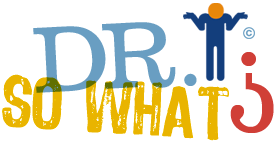Questions
Have I considered the ethical impact of my decisions?
When ethical assumptions are undermined our marketplaces, social structures, and communities begin to deteriorate. Ethicist, Sissela Bok put it this way:

The veneer of social trust is often thin. As lies spread—by imitation, or in retaliation, or to forestall suspected deception—trust is damaged. Yet trust is a social good to be protected just as much as the air we breathe or the water we drink. When it is damaged, the community as a whole suffers; and when it is destroyed, societies falter and collapse. [1]
Even the simple act of asking a stranger for directions requires a degree of trust. When we trust information providers, we end up on the right street and headed in the right direction. Philosopher Harry Frankfurt noted that,
Any society that manages to be minimally functional must have, it seems to me, a robust appreciation of the endlessly protean utility of truth. After all, how could a society that cared too little for truth make sufficiently well-informed judgments and decisions concerning the most suitable dispositions of its public business? How could it possibly flourish, or even survive, without knowing enough relevant facts to pursue its ambitions successfully and to cope prudently and effectively with its problems? [2]
In short, critical thinkers must ponder ethical issues or they end up ruminating about inaccurate evidence, inappropriate assumptions, and ill-conceived alternatives. The “grappling hooks” provide insights into a few ethical questions worthy of contemplation.
1 S. Bok, Lying: Moral Choice in Public and Private Life. Pantheon Books: New York, 1978, p. 26-27.
2 H. Frankfurt, On Truth. New York: Knopf, 2006, p. 15-16.
